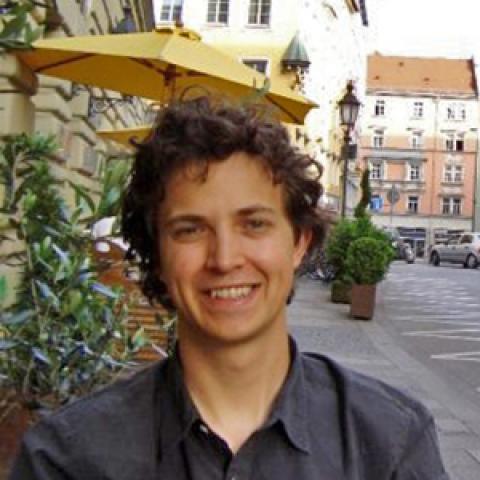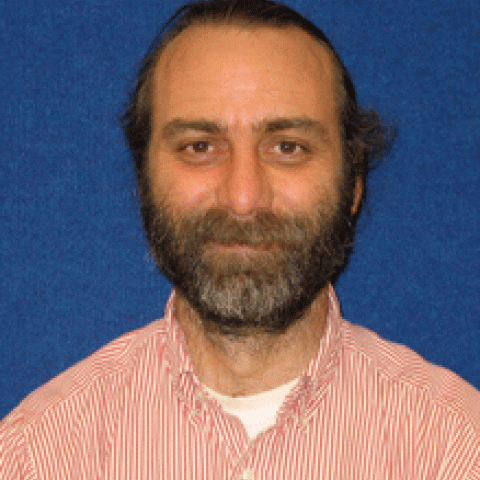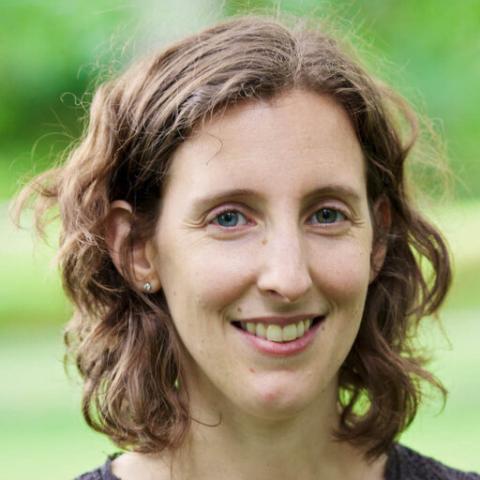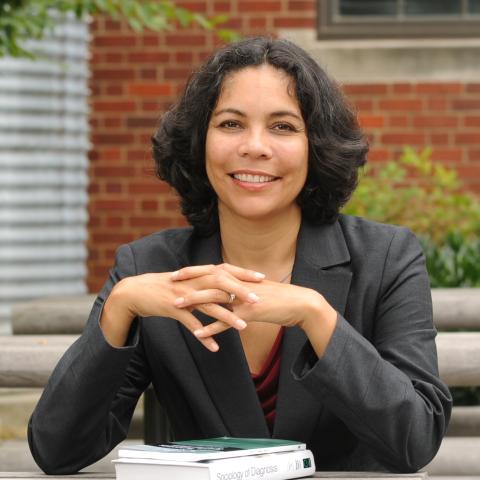Garrett Stanley

Garrett Stanley is the McCamish Foundation Distinguished Chair in the Department of Biomedical Engineering at Georgia Tech and Emory University and is the Co-Director of the Georgia Tech Neural Engineering Center. He has formal training, both at undergraduate and doctorate levels, in engineering (specifically trained in Control Theory through all of his graduate work), and has worked extensively in the field of neuroscience, specifically in sensory processing in the brain, and more specifically in vision and somatosensation (touch).
From 1999 to 2007, he was an Associate Professor in the Division of Engineering & Applied Sciences at Harvard University, where he was the leader of the Harvard Biocontrols Laboratory. Professor Stanley is now a faculty member in the Department of Biomedical Engineering at Georgia Tech/Emory University (2008-2013 Associate Professor, 2014-present Full Professor), and leads several programmatic efforts at the interface between basic neuroscience and neurotechnology (Co-Direct the GT Neural Engineering Center, Direct Computational Neuroscience training program, Director of Graduate Studies, etc.). In terms of research, he is the leader of the Neural Coding group in the Laboratory for Neuroengineering.
The research of his group has been funded by the National Institute of Health, National Science Foundation, the Office of Naval Research, DARPA, and several private foundations. Prof. Stanley’s group routinely publishes our research in the top Neuroscience journals, along with more technical work in engineering journals. He is considered a leader in the field nationally and internationally.








